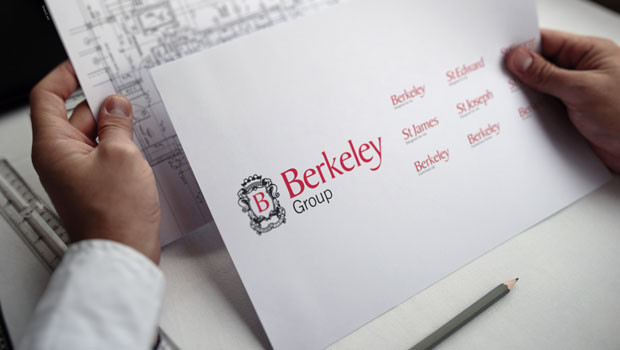Berkeley pulls plug on new investment as half-year profits rise

UK housebuilder Berkeley Group has decided to not invest in any new developments due to the adverse planning and regulatory environment, and instead focus on "financial strength" following a rise in profits in the first half.
Berkeley Group Holdings (The)
3,898.00p
17:15 20/12/24
FTSE 100
8,084.61
17:04 20/12/24
FTSE 350
4,463.29
17:14 20/12/24
FTSE All-Share
4,421.11
17:04 20/12/24
Household Goods & Home Construction
10,969.32
17:14 20/12/24
Pre-tax profit in the six months to 31 October increased by 4.6% to £298m, as operating margins held steady at 19.5% and net operating costs declined £10mm to £79.7m.
Pre-tax return on equity fell to 17.7% from 18% the year before, while net cash improved to £422m from £410m.
However, the value of reservations during the period dropped by a third due to the impact of elevated interest rates and ongoing "elevated political and macro volatility", the company said.
"We anticipate the sales market will remain subdued before inflecting in its normal cyclical manner once there is greater confidence in a downward trajectory for interest rates and economic stability returns," said chief executive Rob Perrins.
Berkeley said it was extending its earnings guidance by a year, which now covers the three financial years ending April 2026, and is now targeting at least £1.5bn in pre-tax profit in total. That compares with earlier guidance of £1.05bn for the two years to April 2025.
Regarding its investment plans, Berkeley blamed the adverse environment on a number of policy changes, including: changes to the National Planning Policy Framework, the Levelling Up and Regeneration Act, potential requirements for second staircases in tall buildings, building regulations on safety and energy efficiency, and the introduction of the 4% Residential Property Developer Tax.
The company has warned for months that the "increasingly burdensome" regulatory environment was hampering investment into brownfield generation and homebuilding.
Perrins said the constraints of delivering affordable and private homes under this stringent planning and regulatory environment, alongside meeting the country's net zero target, must be recognised, "as housing cannot continue to cross-subsidise at these levels, without increased public funding".
The company said it is keeping its capital allocation plans flexible, saying that it's ready to switch its emphasis to new investment should market conditions and the operating environment improve.
"If Berkeley does not recommence deployment of capital into new investment opportunities by 30 April 2027, we anticipate returning around 100% of the profit after tax earned over this period to shareholders, while maintaining financial strength and ensuring we can deliver our cross-cycle 15% pre-tax ROE target."